Rowman & Littlefield
Lanham Boulder New York London
Published by Rowman & Littlefield
A wholly owned subsidiary of The Rowman & Littlefield Publishing Group, Inc.
4501 Forbes Boulevard, Suite 200, Lanham, Maryland 20706
www.rowman.com
Unit A, Whitacre Mews, 26-34 Stannary Street, London SE11 4AB, United Kingdom
Distributed by National Book Network
Copyright 2015 by Gary Fuller
All cartography by Matthew Millet
All rights reserved . No part of this book may be reproduced in any form or by any electronic or mechanical means, including information storage and retrieval systems, without written permission from the publisher, except by a reviewer who may quote passages in a review.
British Library Cataloguing in Publication Information Available
Library of Congress Cataloging-in-Publication Data
Fuller, Gary, 1941
The trivia lovers guide to even more of the world : geography for the global generation / Gary Fuller.
pages cm
Includes index.
ISBN 978-1-4422-3565-6 (pbk. : alk. paper) ISBN 978-1-4422-3566-3 (electronic)
1. GeographyMiscellanea. I. Title.
G131.F868 2015
910dc23
2014039781
 The paper used in this publication meets the minimum requirements of American National Standard for Information SciencesPermanence of Paper for Printed Library Materials, ANSI/NISO Z39.48-1992.
The paper used in this publication meets the minimum requirements of American National Standard for Information SciencesPermanence of Paper for Printed Library Materials, ANSI/NISO Z39.48-1992.
Printed in the United States of America
This book is dedicated to my wife of fifty years, Barbara, who has provided patient support, keen editing, eagle-eyed proofreading, wonderful photographs, and creative ideas throughout.
Acknowledgments
I am grateful to all the members of my family for their support, suggestions, and tolerance. Thanks also go to Jim and Wilda Metzdorf, Bill and Claire Phillips, Fran and Larry Travers, Sandee Drake, Carole Martin, and Pat and Paul Reichenbacher (the first buyers of the Trivia Lovers Guide to the World ).
Introduction
When I first began to study geography, the big question constantly debated by the faculty and my fellow graduate students was: What is geography? I thought this was quite peculiar. Those studying chemistry, mathematics, or history (which I had done) have a reasonably firm idea about what it is theyre studying. Only geographers seemed confused. I assumed someday Id be told what it was I was studying, but that never happened. As I gained some understanding of the scope of geography and what it offered those who were devoted to its study, it seemed obvious to me what geography was and why it should be such a vital part of school curricula. Unfortunately, I have yet to meet the geographer who agrees with me!
People acquire knowledge in order to survive. Of course survival means something quite different today than it did one hundred thousand years ago (getting a job versus killing a mammoth), but the principle remains unchanged. When humans moved out of their ancestral birthplace (almost certainly in Africa), they began a journey of survival that took them to an amazing array of challenging environments. Geography describes those travels and the interface between what nature had to offer and the knowledge and learning mankind developed in order to cope. As the journey continued, geography described and explained the languages, religions, customs, technologies, and forms of economy that emerged as groups of mankind found themselves in relative isolation from each other.
This survival journey lasted for millennia as mankind constantly moved and discovered new ways to deal with the natural environment. Not all these ideas were successful, and I suspect that none were sustainable in the sense that word is used by environmental activists today. Instead, new ideas and processes had to be continually developed if disaster were to be averted. Through much of this time, there was a great deal of natural environment and few of mankind. Nature gave us a lot of leeway: settle in a river valley where freshwater is abundant, build settlements, pollute the river, then move upstream, then pollute again, then move to another unpolluted river, and so on.
About one thousand years ago, the expansion of mankinds domain ended with the settlement of Hawaii, Iceland, and New Zealand. Then geography took on the task of identifying, describing, and analyzing new survival strategies that no longer involved expansion but rather the reunification of mankind. We didnt recognize this reunification for what it was. People from places distant to us often didnt look like us, talk like us, or (in general) behave like us. Therefore, they werent us. It must be okay to take their land, enslave them, kill them... or (better idea!) make them more like us.
The number of languages and writing systems began to diminish. Religions tended to coalesce into a relatively few universal belief systems. The number and intensity of conflicts increased as the differences that mankind had developed over the millennia now confronted one another. Survival sometimes involved not seeking new areas to farm as in the days of expansion but abandoning rural habitats for urban places. While mankind will always be bound by natures rules, survival in the reunification era seems to mean coping with the environment that mankind itself has created. Meanwhile, death rates declined, implying that mankind had some control over death and, hence, survival, but which, in turn, produced huge population increases that again threatened survival.
Indeed, each time we produce something to aid our survival, we learn that theres a catchsomething that again threatens us: industry produces pollution; atomic energy produces nuclear waste; medical advances threaten us with overpopulation, depletion of social security, or side effects of drugs. Geography analyzes and describes this give-and-take game between mankind and the natural environment.
So, I see geography as the science that deals with human survival. I suppose that one can argue that medicine, public health, and military science also deal with survival, but only in very specific ways. Geography embraces the whole of our survival history and future.
Why this book? Professional geographers in the United Statesand the American public in generalfully realize that the study of geographythis all-important science that details our past survival and points the way to the futurehas either disappeared from our basic educational system or has become so diluted that it is practically useless. Over the past fifty years, several notable attempts have been made by different groups in different places to restore geography to the school curriculum. They have not been particularly successful. As I describe in this book, so many ideas and plans to improve or develop impoverished areas fail because the people developing the plans are too far removed from the reality of survival. Geography is impoverished in the United States, and we need to identify what is really needed for its survival.

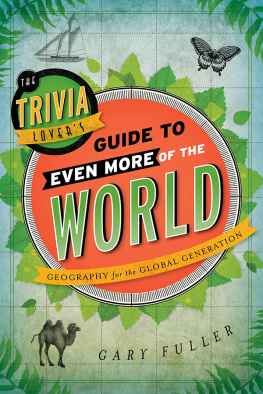
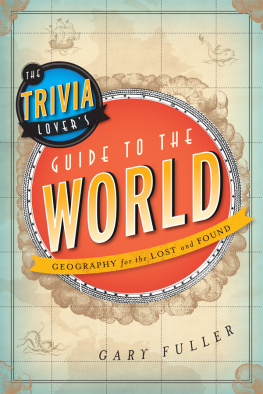
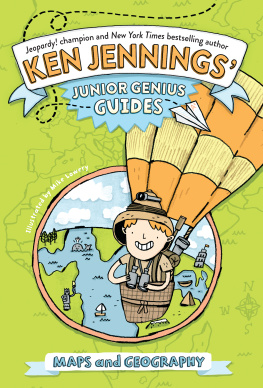
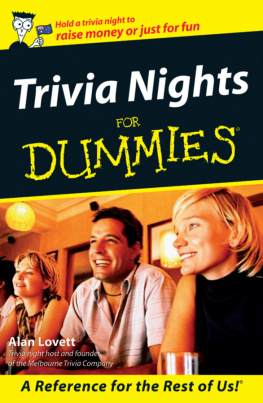


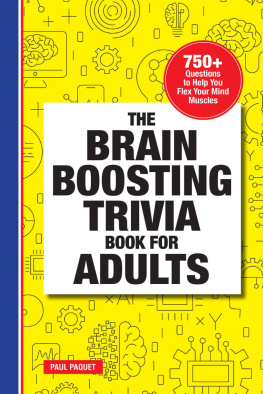
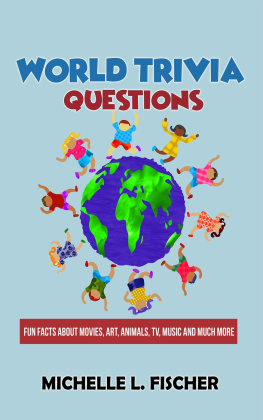


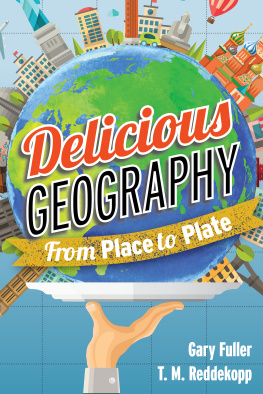



 The paper used in this publication meets the minimum requirements of American National Standard for Information SciencesPermanence of Paper for Printed Library Materials, ANSI/NISO Z39.48-1992.
The paper used in this publication meets the minimum requirements of American National Standard for Information SciencesPermanence of Paper for Printed Library Materials, ANSI/NISO Z39.48-1992.
